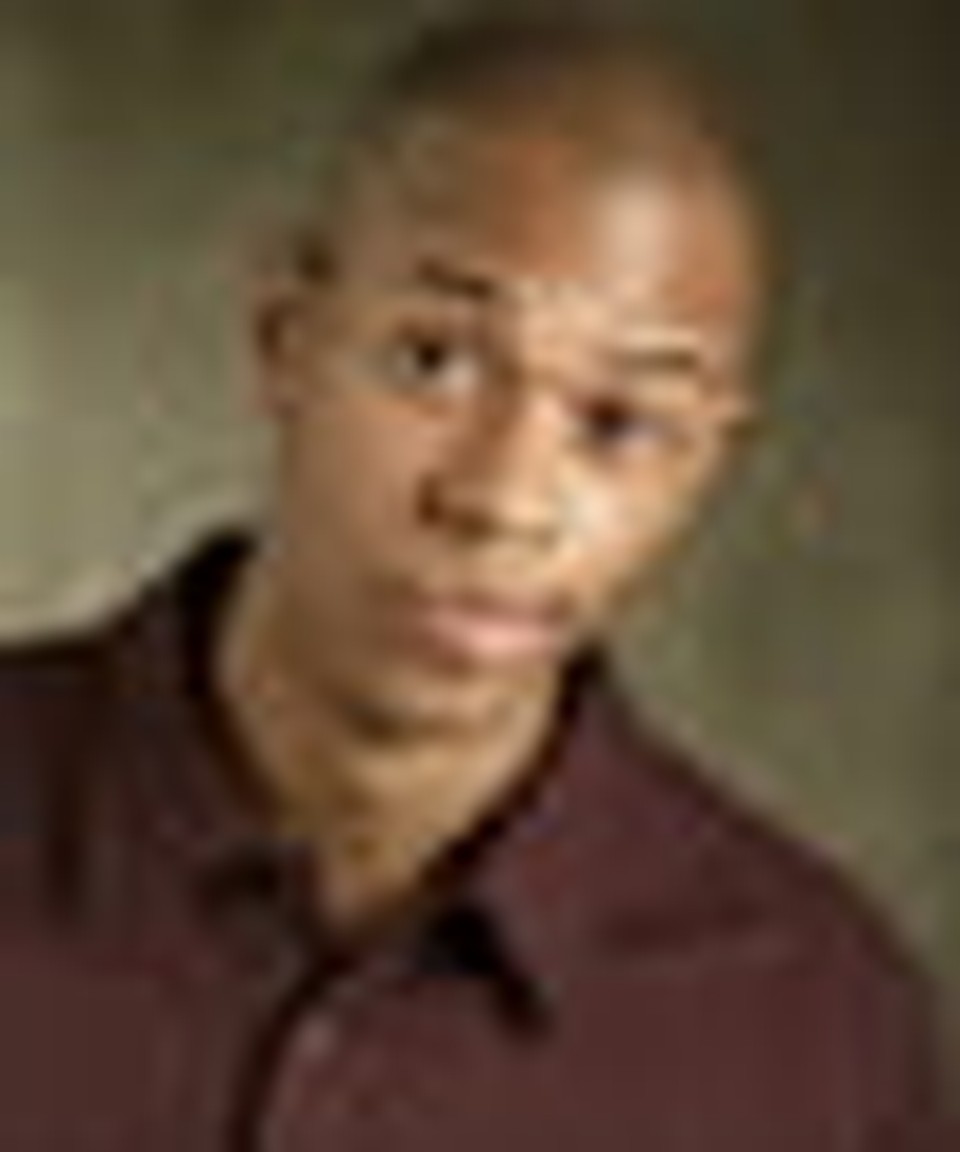Making Room for Doubt in the Church

(WNS)--Malory Green needed an answer. After returning from a mission trip where she experienced poverty and unimaginable suffering for the first time, she felt like her world was falling apart.
“I had questions like, ‘did God create evil? Why does he allow suffering? Does God cause bad things to happen?”
Green went to a church leader for counsel, “but he discouraged me from asking those questions because he didn’t know the answer,” she said.
Like Green, many young Christians re-examine their childhood faith to see if it has solutions to their adult problems. But rather than welcome questions as an opportunity for growth, too many church leaders discourage doubt.
According to the findings of a research study recently released by the Barna Group, 59 percent of young adults disconnect from the church in their teen years. Many study participants told researchers they stopped going to church because it felt unfriendly to doubters.
Twenty-three percent of the 18 to 29-year-olds surveyed admitted to having significant intellectual doubts about their faith. Another 36 percent said they did not feel able to ask their most pressing life questions in church.
But young adults say they need the freedom and guidance to be honest about their uncertainties in a church setting. If they don’t find acceptance in their faith community, many will turn to other sources, including parachurch ministries or the university itself, to find the answers they are looking for, they say.
“Our minds naturally question everything, butmany students hide their questions and struggle alone or alongside other confused students,” Green, a junior at the University of Mobile, said.
Jeremy Crews, a junior theology and humanities major, said that few people within the church are prepared to respond to doubts. Asking “questions about the inerrancy of scripture, the possibility of miracles, or what it really means to be saved,” likely will yield a “generic, traditional, and usually thoughtless response, followed by an invitation to pray the sinner’s prayer,” he said.
Gene Burrus, a master’s of divinity student at Southeastern Baptist Theological Seminary, said that pastors and older church members who might be tempted to discourage doubt often mistakenly assume that questions equate to a lack of faith.
“Some people process life with more complexity and need the materials to build a framework to understand the Christian faith,” he said. “Doubt is healthy, in many instances, because it solidifies faith.”
Jerrod Brown, a Baptist campus minister at the University of South Alabama said the church can be an appropriate place for those struggling with questions about faith.
“Even if one is exploring these questions in the university setting, doing so within a context of church will afford true answers to serious questions,” he said.
In order to guide doubting students through their questions, Brown keeps an open-door policy to help them discover real Biblical answers on their own.
Through the open-door policy of church leaders and professors, Green’s faith became stronger during her struggle with doubt. She said she hoped church leaders would give young Christians more freedom to work out their faith in community so that every one felt safe being honest.
“Those mentors encouraged me to struggle with my questions so that my faith could become my own,” she said,” “Though there are a lot of questions to which we don’t have the answers, now I know truth, and I know how to defend it.”
Publication date: October 24, 2011
Originally published October 24, 2011.







